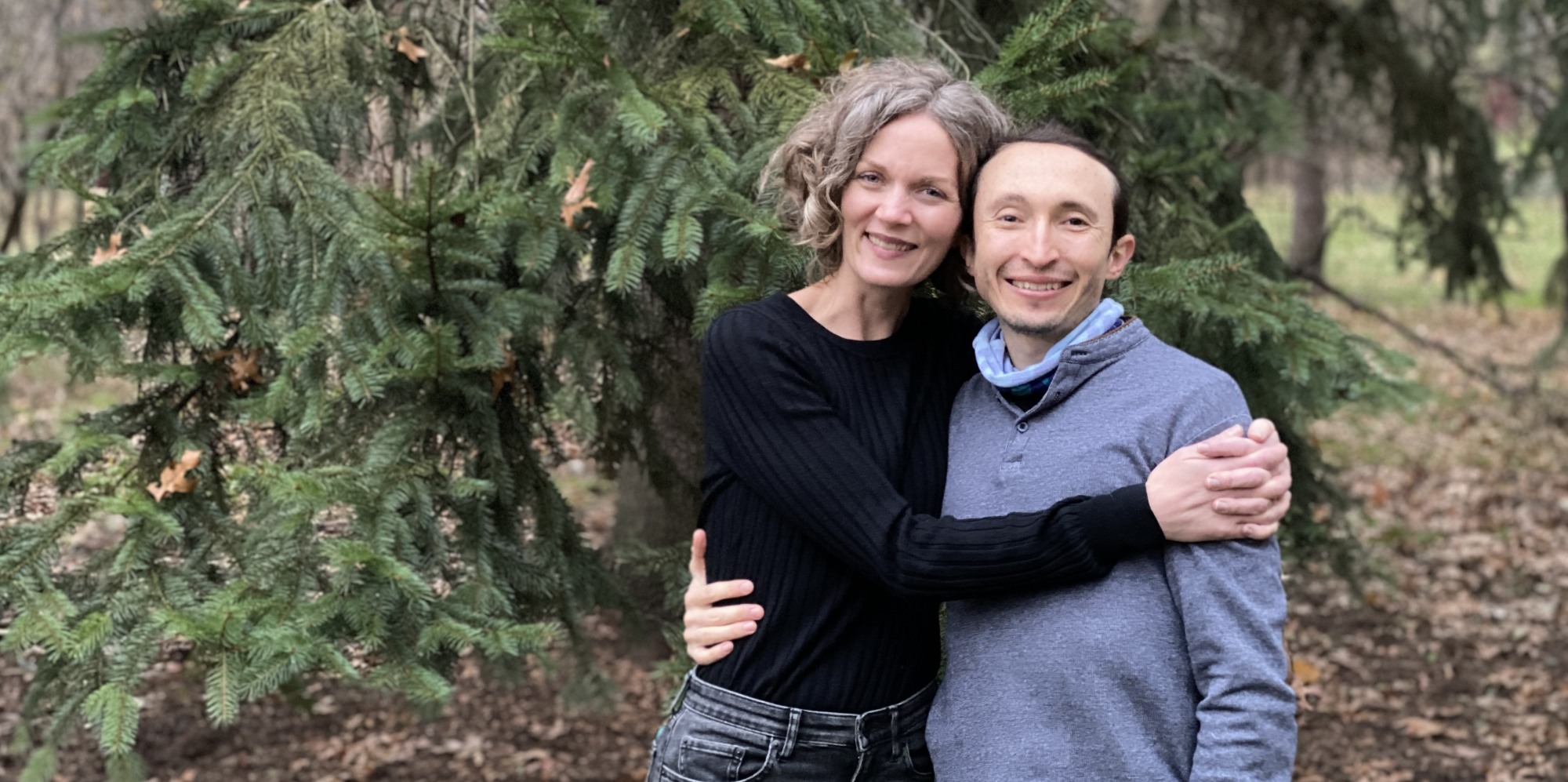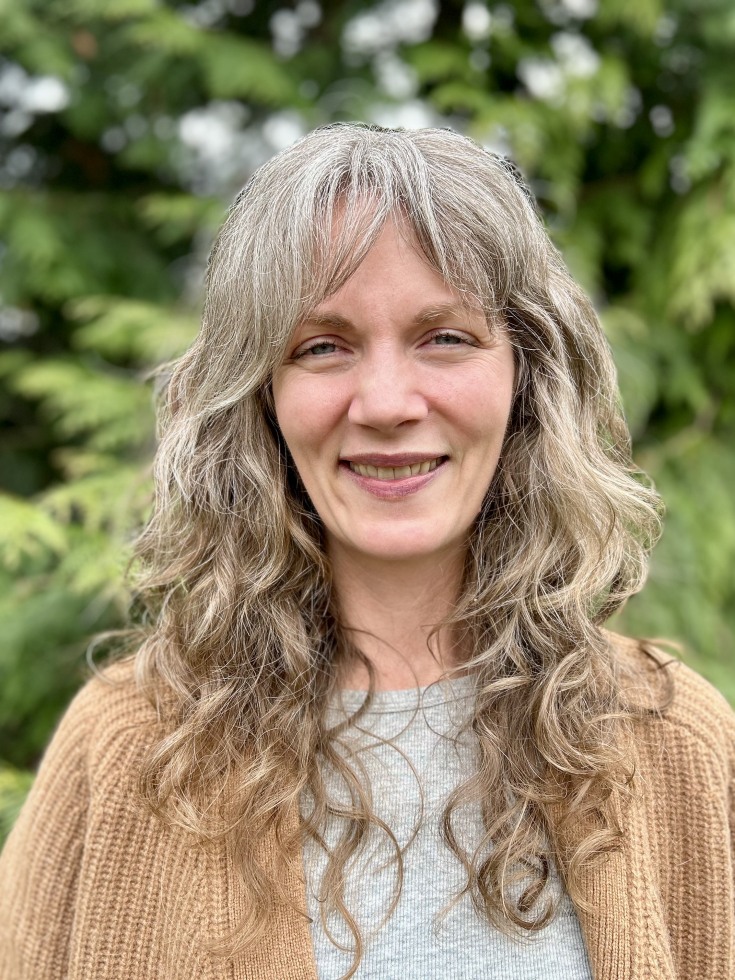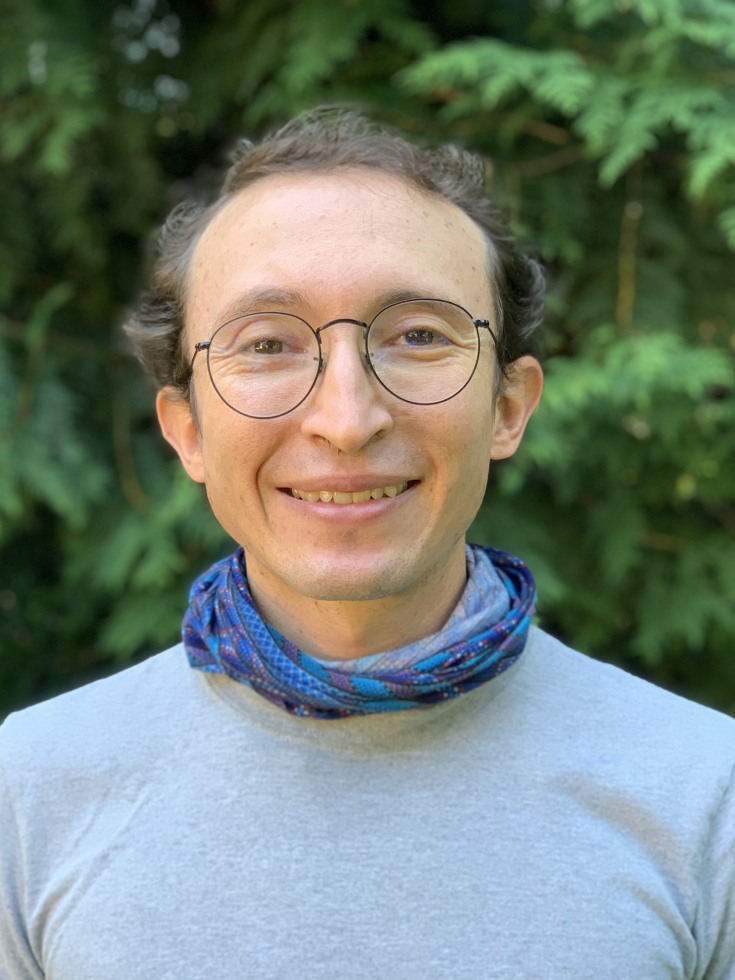
In the demanding world of healthcare, where burnout looms large and patient-centered care often gets overshadowed by endless tasks, a husband and wife team of physicians have embraced mindfulness to cast a new light on healing.
For Dr. Michelle Davila, an experienced naturopathic doctor and Dr. Hugo Davila-Grijalva, a dedicated internal medicine hospitalist, mindfulness provides a path to reconnect with their core values as caregivers.
From their varied individual journeys — Michelle’s teen years spent turning the well-thumbed pages of "Zen Mind, Beginner's Mind" to Hugo's happenstance introduction into Reiki and a transformative Vipassana retreat — mindfulness meditation practice emerged as a calming companion in both of their lives.
As serendipity would have it, their mutual interest in the mind-body connection led them to each other within the halls of the very same integrative medicine department, marking the start of their shared path.
A transformative experience of self-discovery
In 2020, amidst the global pandemic, Michelle and Hugo chose to formally engage with Mindfulness-Based Stress Reduction (MBSR), an 8-week evidenced-based mindfulness program developed by Jon Kabat-Zinn to address chronic pain, anxiety, depression and general stress reduction.
At the time like many on the frontlines, Hugo was struggling with stress and burnout. He hoped MBSR could guide him through that.
Michelle also felt called to deepen her mindfulness practice due to the intensity of her work as a clinician.
Often, those devoted to caring professions prioritize the needs of others over their personal well-being. But mindfulness offers the opportunity to focus on their self-care.
“During MBSR, I became acutely aware of my own pain and suffering that I never acknowledged or gave myself the opportunity to experience,” Michelle reflects. “The practice offers support for that — it helps us learn how to sit with suffering.”

